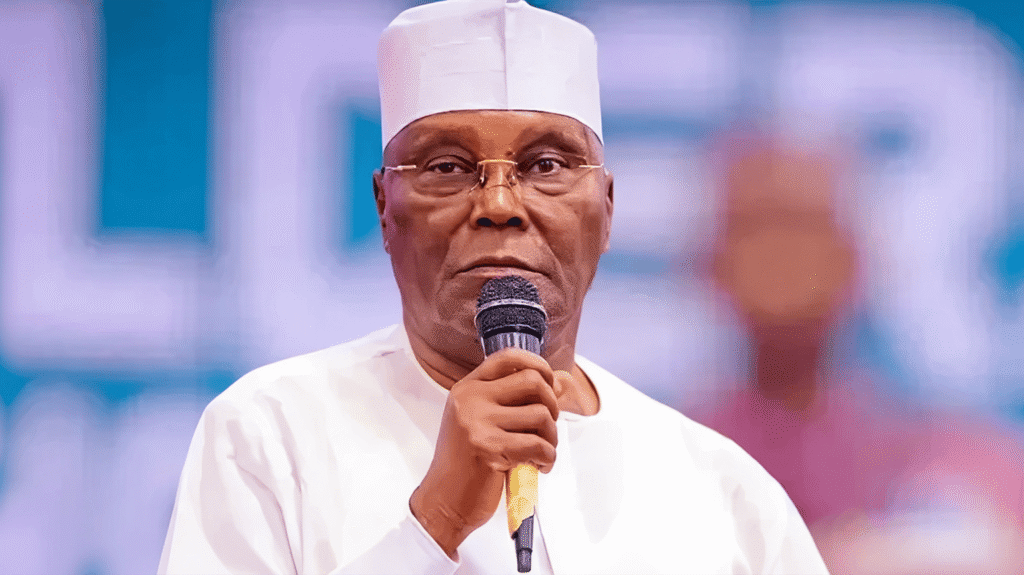Patriotism Crucial to Counter‑Insurgency Success, Says Senator Jimoh Ibrahim

Senator Jimoh Ibrahim of Ondo South has stressed that patriotism and national unity are central to Nigeria’s fight against insurgency, warning that military efforts alone cannot defeat violent extremism.
Speaking at a security stakeholders’ forum in Abuja, Ibrahim urged Nigerians to see counter‑terrorism as a collective responsibility that extends beyond government institutions.
According to the senator, while adequate funding for defence and security agencies remains essential, the moral and civic engagement of citizens is equally critical. “Our soldiers and security operatives are doing their best, but the fight against insurgency is not theirs alone,” he said. “Patriotism — a sense of duty and commitment to the nation — is key to winning this struggle.”
Ibrahim’s remarks come amid growing concerns over attacks by insurgents and bandits across northern and central Nigeria, which have caused significant loss of life and property.
He highlighted that a successful counter-insurgency strategy must combine resources, strategic planning, and citizen cooperation.
The senator also advocated for a review of the nation’s counter-terrorism frameworks, emphasizing a knowledge-based approach that integrates military, economic, and social interventions.
He warned that without public support and unity, even well-funded security operations would struggle to achieve lasting results.
Ibrahim’s call for patriotism resonates with established counter-insurgency theory, which holds that winning the “hearts and minds” of the population is as important as combat operations.
By engaging citizens as active participants — reporting intelligence, rejecting extremist ideologies, and supporting security measures — the government can strengthen its overall response to threats.
As Nigeria continues to confront complex security challenges, Ibrahim’s message underscores that sustainable peace requires not only military strength but also active national solidarity, civic responsibility, and public trust in state institutions.









